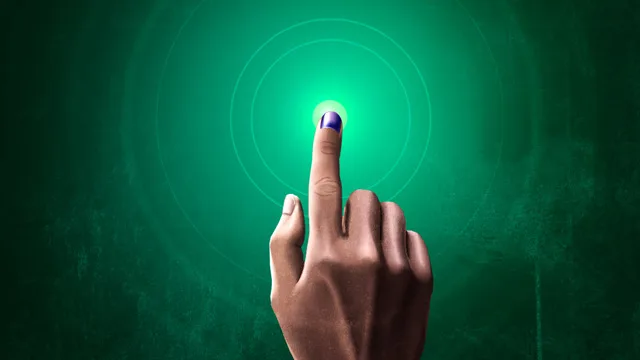Privilege and Power
Abusers of power undermine our society. Whether politicians or rabbis, those entrusted with power often betray their privileges. Thereafter comes the “conversation” about abuse, power and privilege. The problem is made worse by the internet which gives rise to new and more complex power dynamics. Between the right to free speech and the privilege of an internet connection, lies a tortured path. When powerful people abuse their privileges, we can easily call them to task on social media and listservs. Yet, using the internet to correct, warn or reprimand is also fraught with abuses.
The laws in parshat Mishpatim, instruct us to guard our speech, especially when it comes to questions of guilt or innocence. Exodus Ch. 23:1. Do not carry false rumors; you shall not join hands with the guilty to act as a malicious witness: 23:7 Keep far from a false charge; do not bring death on those who are innocent and in the right, for I will not acquit the wrongdoer. Judaism offers a deep appreciation for the power of words. Talmud teaches that words created the universe and words can destroy a life. Similarly, our testimony against another person might alter the course of their lives.
In recent decades, the internet gave a new dimension to the power of speech as an instrument of justice. Each of us is empowered as an individual media outlet, able to blog, vlog, and podcast, or share ideas widely on Facebook, Instagram, TikTok, Reddit and more. Given these platforms, we can express our opinions with great effect. Our pronouncements can ascribe guilt to people whether we know them or not, assessing them along the spectrum from rudeness to felonious behavior.
In response to people who have caused harm, the internet can be a tool to warn others, create community among victims, and share resources. Yet, those who undertake to share concerns, criticism or condemnations also have obligations to limit their words. In every case, each of us should stop before posting to ask, as Bernard Meltzer urges – “Is it true?” ”Is it kind?” ”Is it necessary?” – and add, “is it helpful?”
That pre-broadcast analysis of what we share on the internet is a holy endeavor. The first step is to be a fact checker. We know that gossip, whether spoken or posted, may contain kernels of truth but ultimately is not factual. Before speaking against another person, we should be certain of our facts.
The second step is to be caring enough to even consider the feelings of the person whose actions offend us. Without giving solace to a person who has caused harm, can we also demonstrate some concern for another person despite their doing a bad thing? As Bryan Stevenson likes to say, we are “more than the worst thing we have done.” Within Stevenson’s creed is the assumption that each of us is an imperfect creation, likely to behave badly at times.
The third step is perhaps the most difficult. We may feel justified in sharing our thoughts, and even be aggrieved by a third party’s offense. Yet, our own sense of satisfaction does not give the penumbra of necessity to our posts.
Finally, I would add, ask if your words provide a warning of harm to avert further offenses, or provides information likely to instruct proper behavior.
And our personal assessment or attacks on others should take into context the offending person’s position. All people make mistakes and sometimes abuse their power. The assessment of persons entrusted with power, such as political leaders, teachers, doctors, and rabbis demands a higher level of public scrutiny.
The response to people whose bad behaviors caused deep or repeated harm demands appropriate public warning. Yet, consider if your additional warnings are needed and deserved. When is our carping about another person’s inappropriate or even unlawful behavior an exercise in serving our own needs, licking our wounds, rather than benefitting the recipients of our postings?
Every person will at some point act improperly or even illegally. You would not want every infraction announced and revisited. Accordingly, we should be circumspect about our public criticisms of others. How we are treated when we err or abuse our power may reflect how we have treated others. Ultimately, the golden rule reminds us that how we regard using electronic media is how we may be regarded in turn on Facebook and listservs.
Jewish law offers no specific instruction on the dangerous confluence of social media and the abuse of power. The power to communicate using a laptop is a privilege we should regard as holy. Perhaps we need a Torah of the internet teaching the right use of privileges and the righteous use of power.
Rabbi Evan J. Krame






 Evan J. Krame was ordained as a rabbi by the
Evan J. Krame was ordained as a rabbi by the